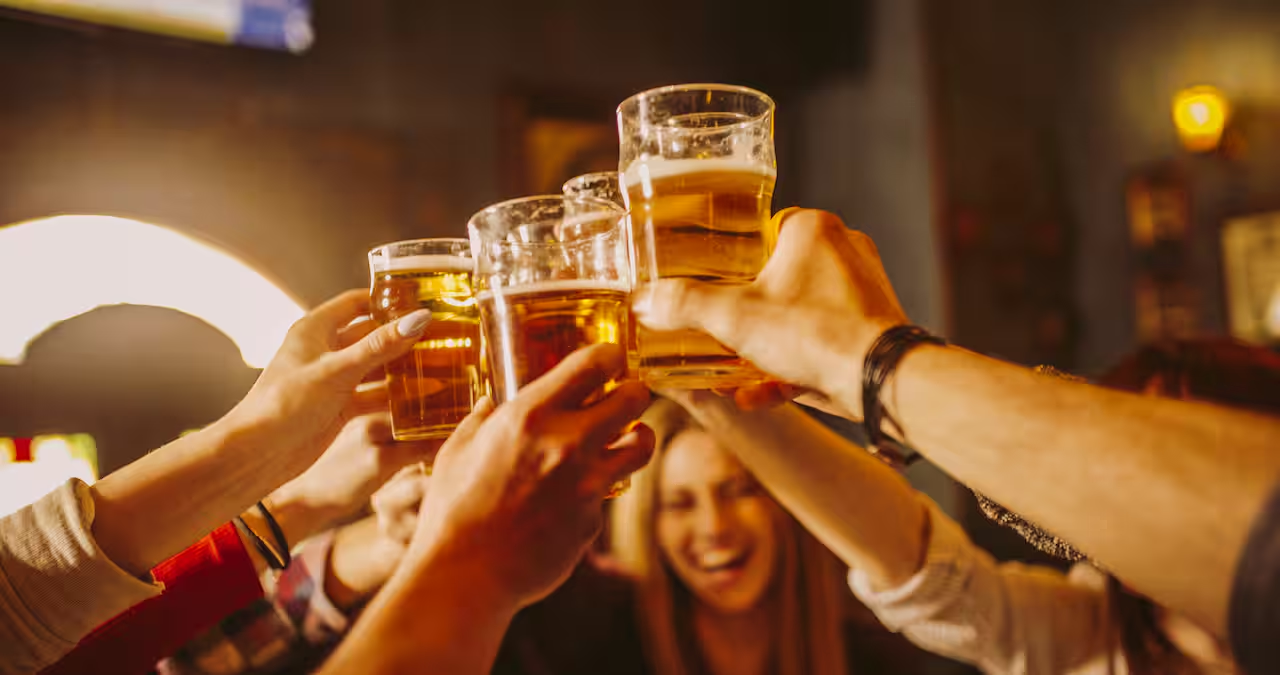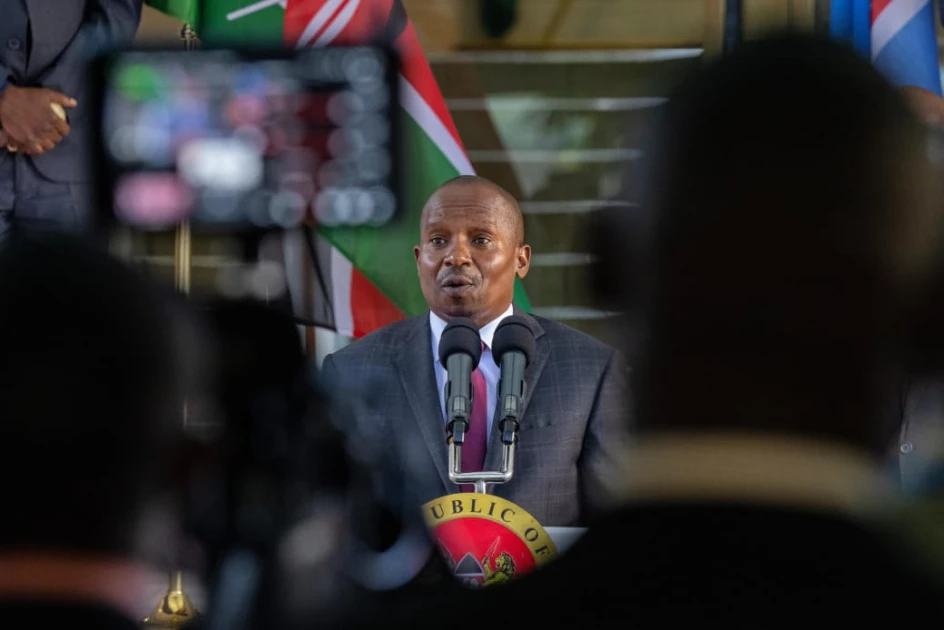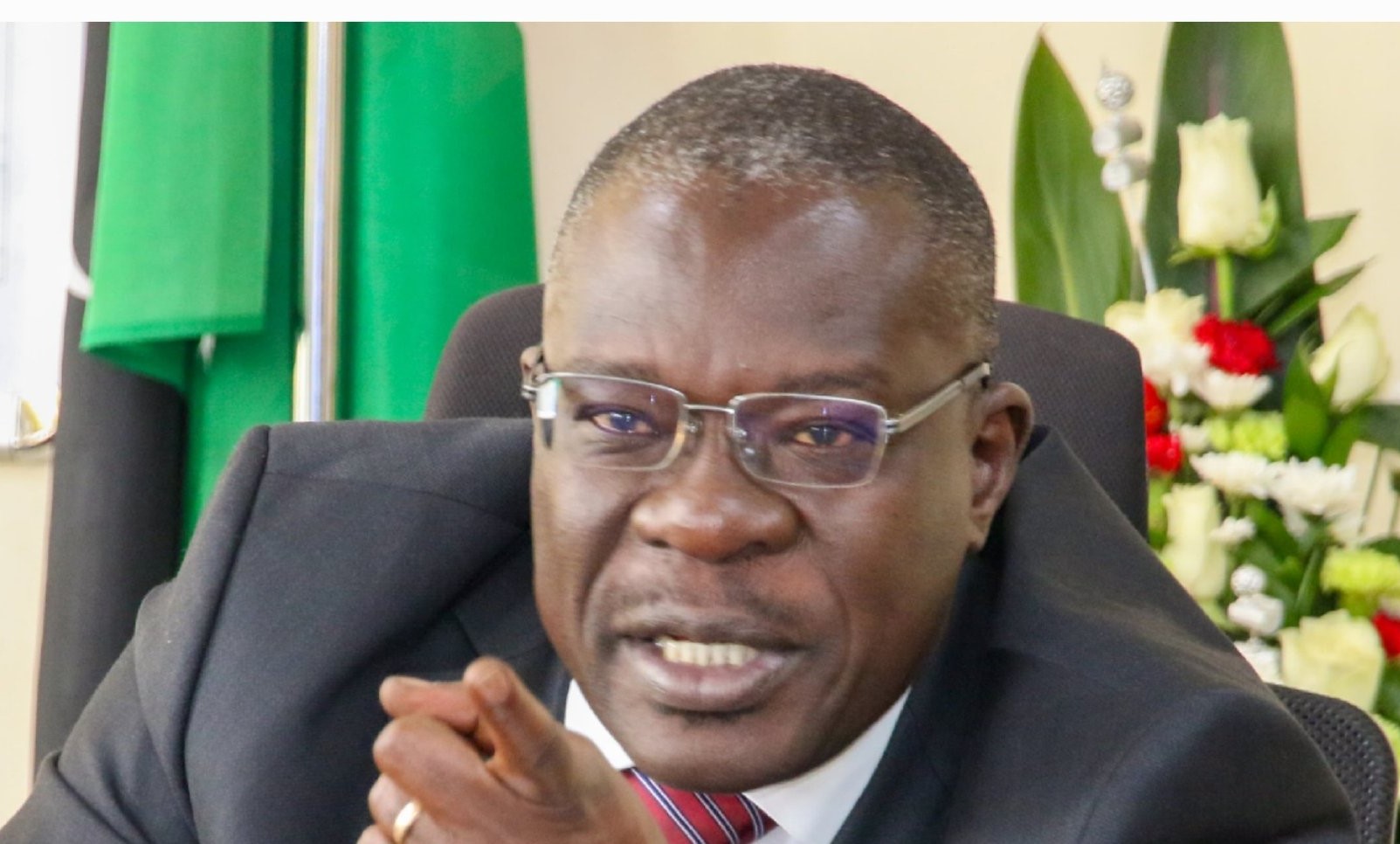By The Weekly Vision Reporter
Kenya’s tourism sector has suffered a blow after the United Kingdom issued a travel advisory warning its citizens about the growing risk of methanol poisoning from counterfeit or contaminated alcoholic drinks. The advisory, which also targets seven other countries, including Nigeria and Uganda, comes just as Kenya’s travel and hospitality industry prepares for the peak tourist season. The warning could undermine confidence among British visitors, a key source market for Kenya’s tourism.
Last year, Kenya recorded about 2.4 million international tourist arrivals, with the United Kingdom ranking among the top contributors alongside the United States, Italy, and France. Tourist inflows typically surge during the July–September wildebeest migration in the Maasai Mara Game Reserve and again during the November–December festive season, when hotels report high occupancy rates.
According to the renewed advisory, methanol, a toxic industrial alcohol used in products such as antifreeze and paint thinners, is increasingly being illegally mixed with spirit-based drinks to cut production costs. The UK’s Foreign, Commonwealth and Development Office (FCDO) said there has been a rise in cases of serious illness and death linked to contaminated alcoholic beverages in popular travel destinations.
Apart from Kenya, Nigeria, and Uganda, the advisory also lists Ecuador, Japan, Mexico, Peru, and Russia as countries where methanol poisoning cases have been reported. Experts warn the alert could have reputational consequences for Kenya’s tourism industry, as travellers may opt for destinations perceived to be safer. “Perceptions of health and safety are critical to destination choice, and such advisories can trigger short-term booking cancellations,” said a tourism analyst in Nairobi.
The FCDO has urged British travellers to exercise caution and avoid locally brewed or unlabelled alcoholic drinks. It also advised that anyone experiencing symptoms such as nausea, blurred vision, or confusion after drinking should seek immediate medical attention.
Britain’s Minister for Consular and Crisis Affairs, Hamish Falconer, emphasised the seriousness of the threat, saying methanol poisoning “can kill” and that its early symptoms “mirror ordinary alcohol poisoning.” He warned that “by the time travellers realise the danger, it can be too late.” Kenya’s health authorities are yet to issue a formal response, though public health experts have repeatedly expressed concern about the circulation of counterfeit alcoholic beverages in parts of the country.
Industry stakeholders now fear that the renewed advisory could dampen recovery efforts following the tourism slump caused by the COVID-19 pandemic, just as the sector was regaining momentum.
[/full]





